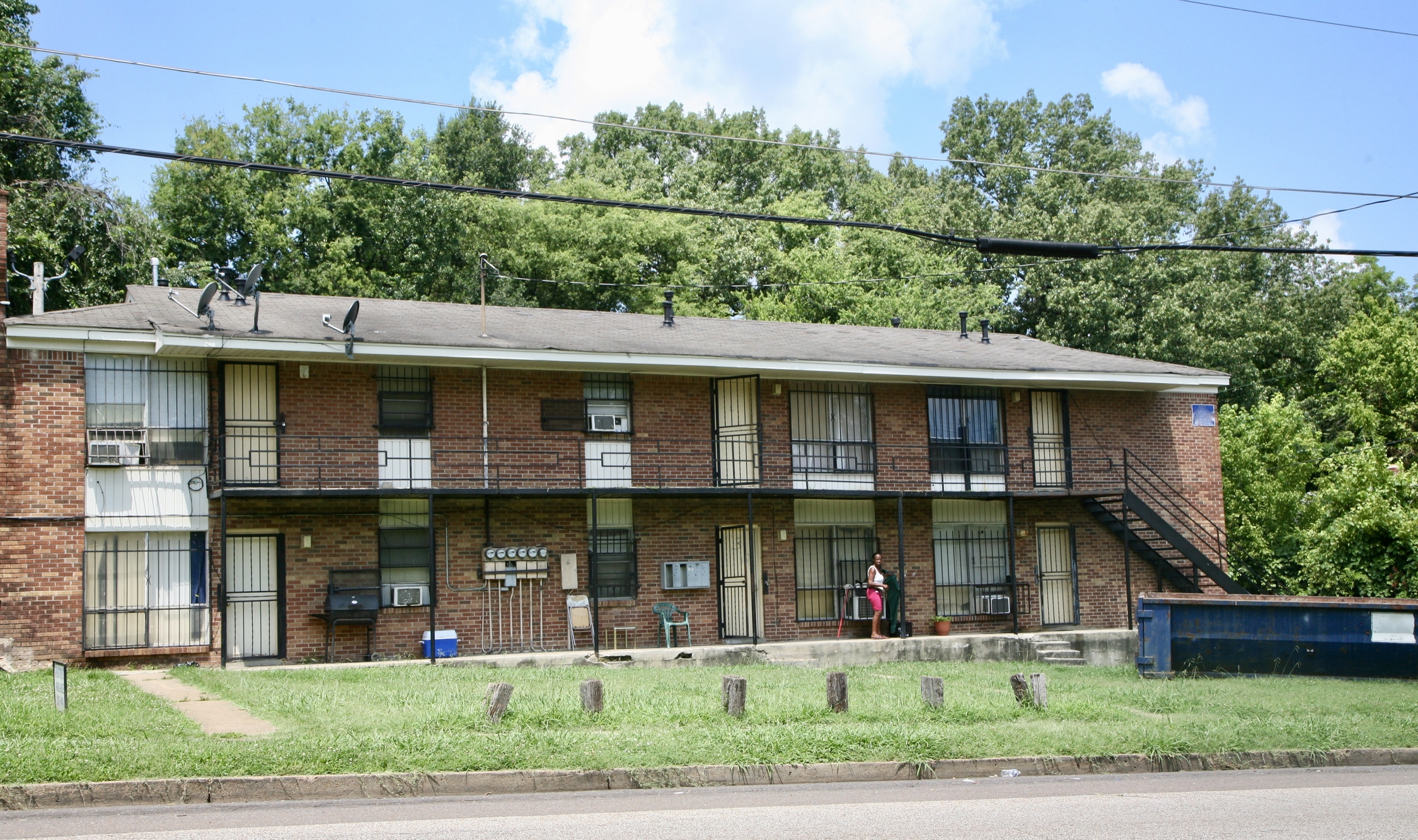TRENTON, N.J. — New Jersey is facing an affordable housing crisis, and the state is now forcing towns to build more high-density apartment units after a heartbreaking court decision by a New Jersey judge.
An estimated 8.13% of New Jersey’s population was comprised of undocumented individuals in 2023, according to data derived from U.S. Census Bureau population estimates and immigration statistics.
A Mercer County judge has rejected a legal challenge from two dozen New Jersey towns seeking to delay the implementation of the state’s latest affordable housing mandates, paving the way for the law to move forward.
The ruling, issued by Superior Court Judge Robert T. Lougy on Thursday, dismissed requests from municipalities such as Holmdel and Wall to pause the affordable housing obligations, which affect all 564 municipalities in New Jersey. The judge emphasized the public interest in moving forward, citing the critical need for housing access for low- and moderate-income residents.
“It is hardly in the public interest to delay those processes [set out in the law] to the detriment of the state’s low- and moderate-income households,” Judge Lougy wrote in his decision. Advocates for affordable housing welcomed the ruling, while opponents expressed concern about the strain it may place on local governments and resources.
The Census Bureau’s 2023 population estimate for New Jersey stood at 9.29 million residents. Of that total, approximately 755,000 individuals living in the state were estimated to be undocumented, based on reports cited in recent analyses.
New Jersey’s undocumented population proportion is among the highest in the nation and reflects the state’s position as a major hub for immigrant communities, given its proximity to New York City, diverse economy, and established immigrant networks.
New Jersey faces a severe affordable housing shortage, with an estimated gap of 200,000 units, according to housing experts. The state also reports 14 renters vying for every available apartment, a situation exacerbated by tight housing inventory and soaring home prices. Affordable housing advocates argue the law is necessary to address these disparities and ensure equitable housing opportunities across the state.
Despite the court’s decision, the matter is not yet resolved. A hearing scheduled for January 31 could determine whether the case will be dismissed entirely, though experts say the ruling significantly weakens the towns’ legal arguments.
Advocates argue that undocumented individuals contribute significantly to the state’s labor force, particularly in industries like agriculture, construction, and hospitality. However, critics often raise concerns over the strain on public resources, including schools, healthcare, and housing, as the state faces challenges such as a shortage of affordable housing and rising costs of living.

